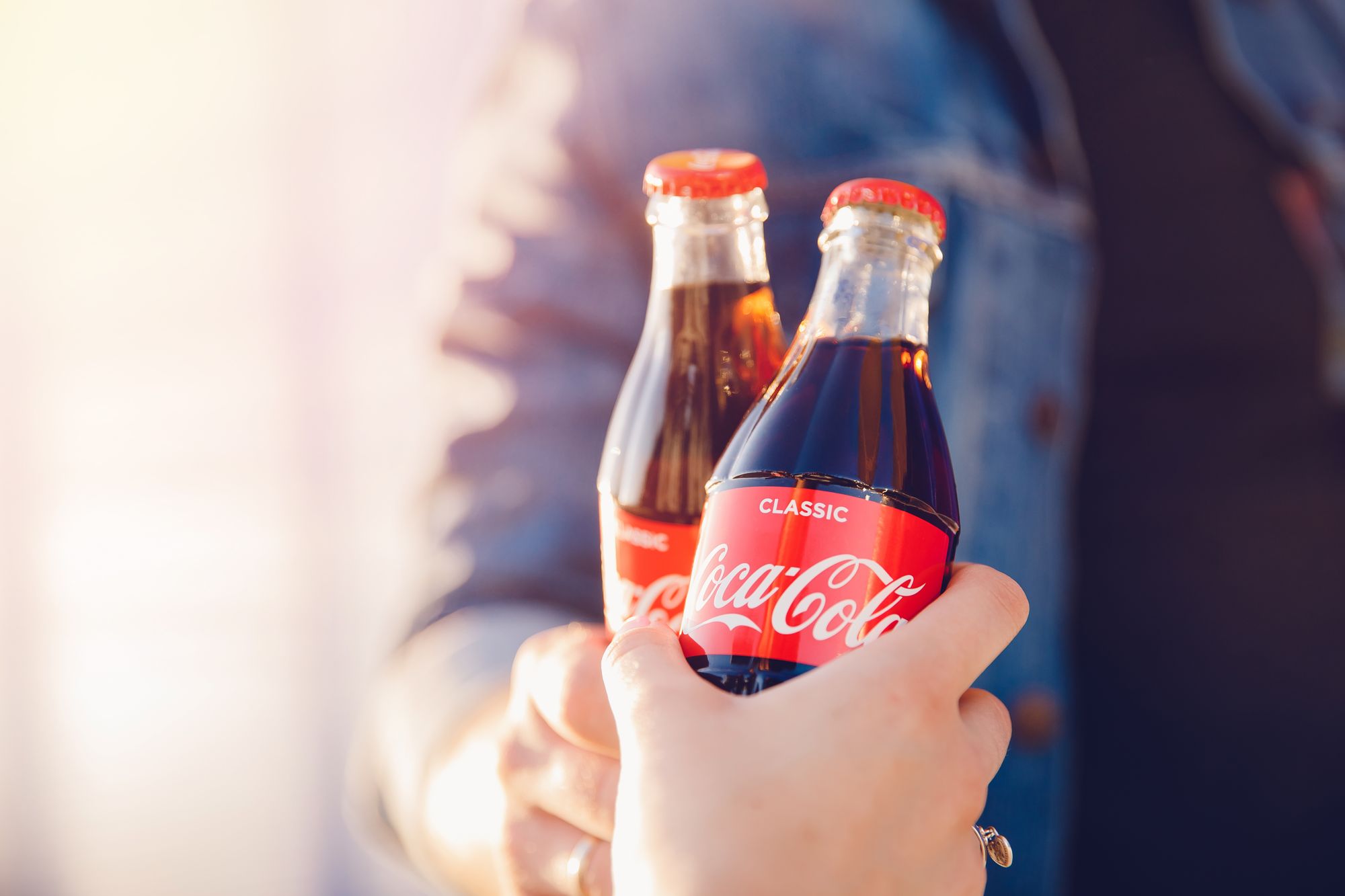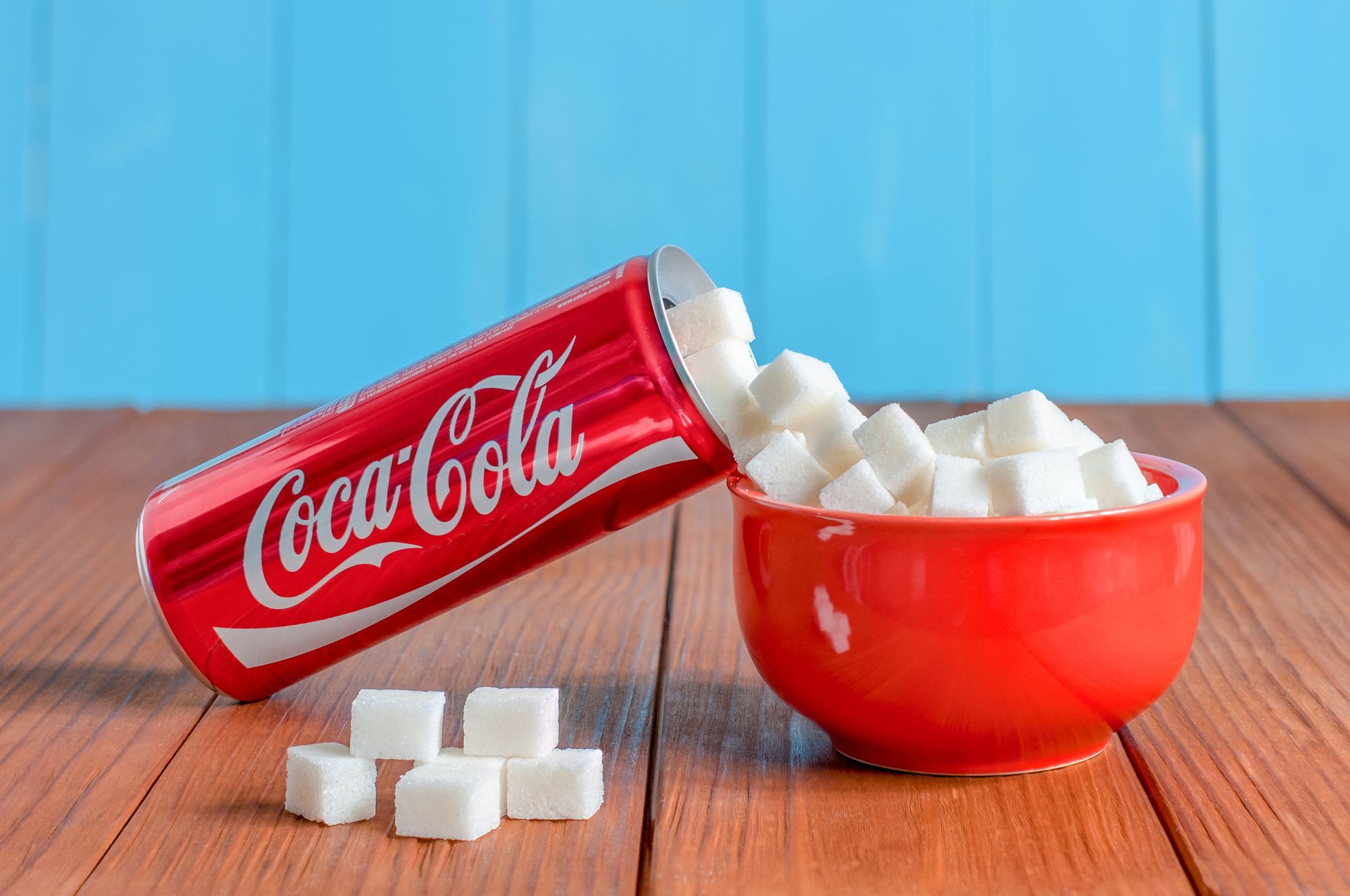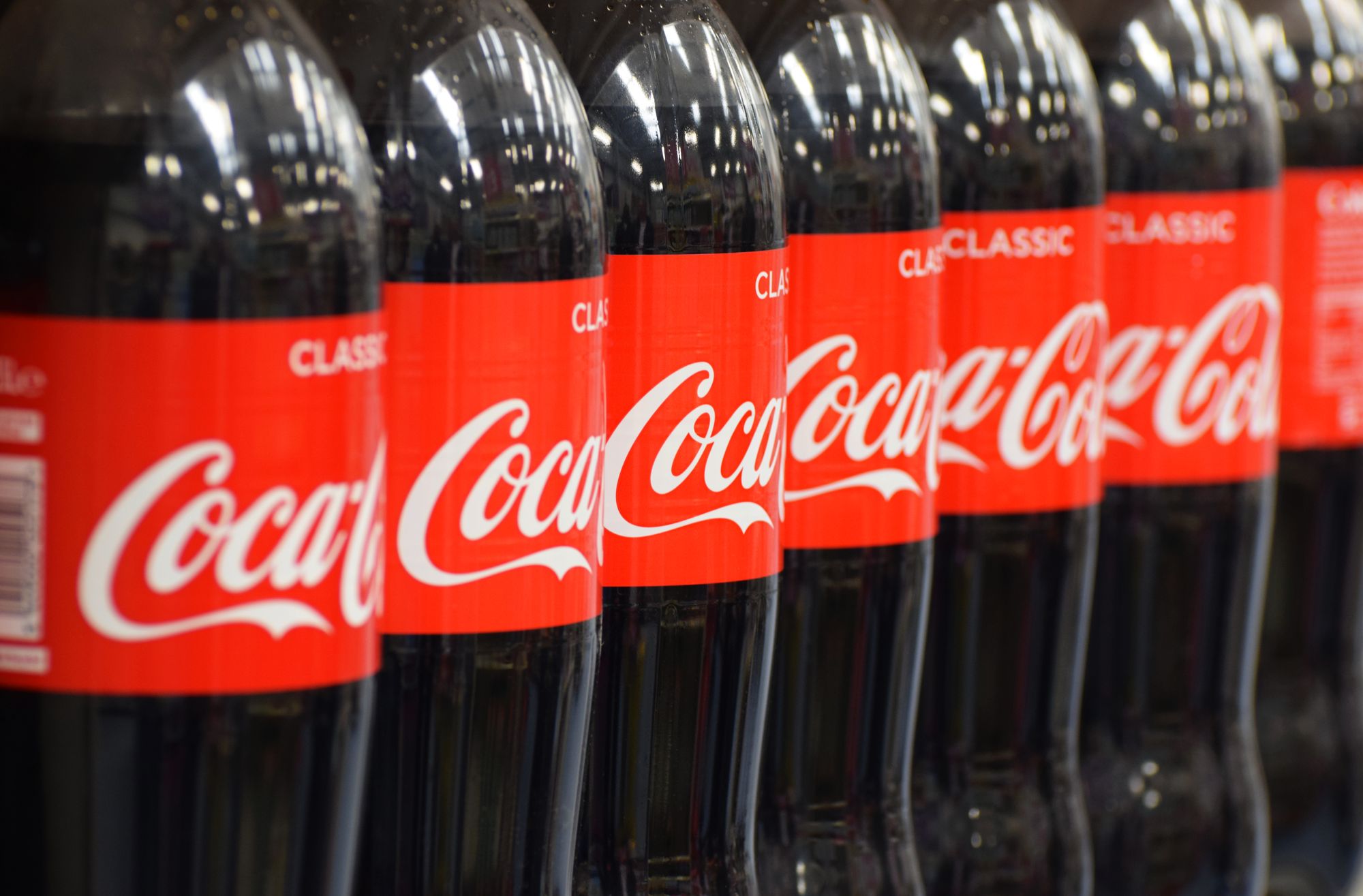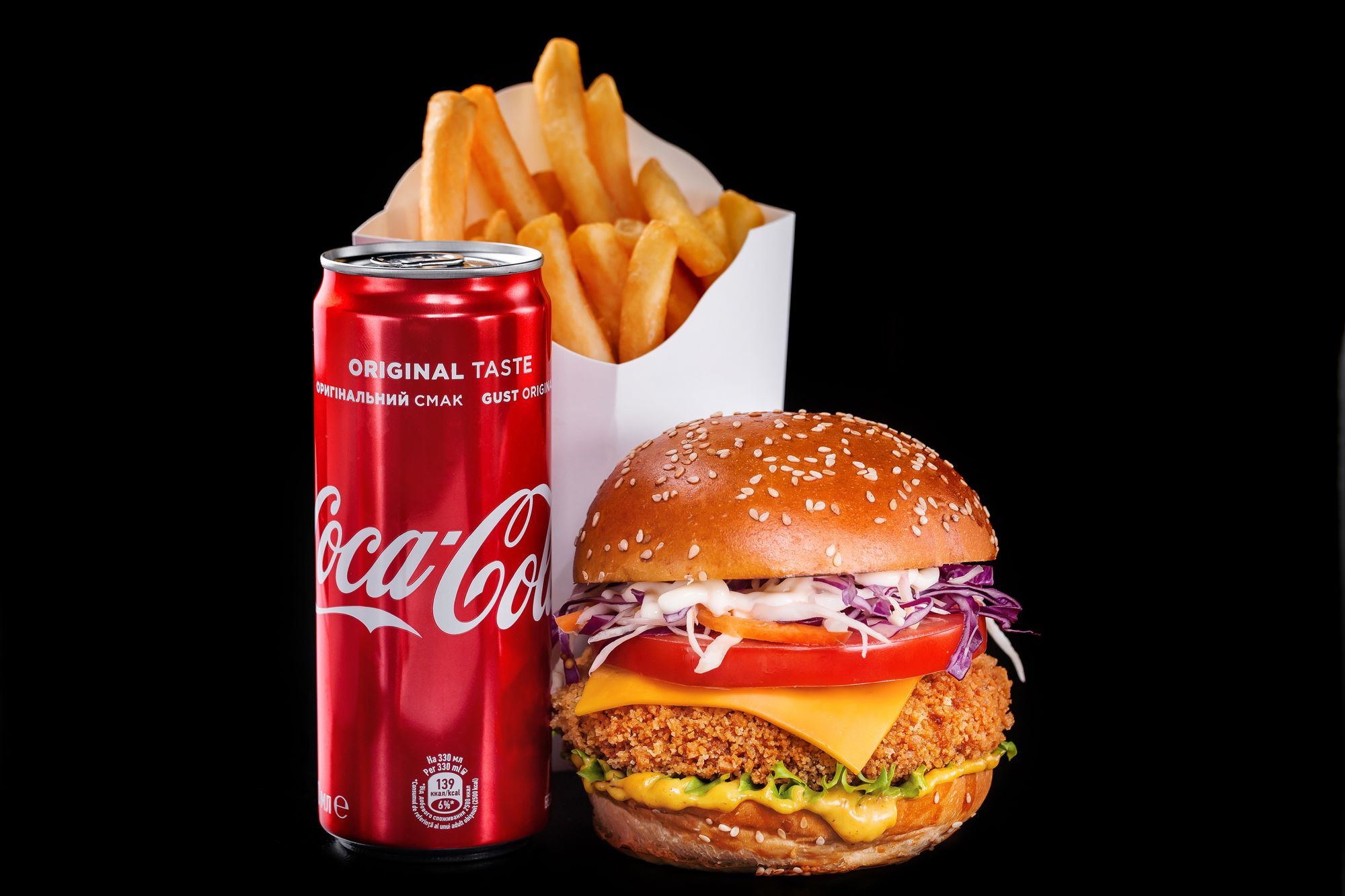No matter what you call it—cola, pop, or soda—Coca-Cola remains one of the most popular cola brands worldwide, enjoyed by millions of people every day. While the cold can of this iconic beverage may provide instant refreshment and satisfaction, have you ever pondered the consequences of consuming Coca-Cola and whether it is detrimental to your well-being?
On one hand, Coca-Cola boasts a legacy of over 130 years, symbolizing the epitome of a crisp and enjoyable soda. Resisting the allure of its effervescent taste can be challenging. However, it's important to note that Cokes are notorious for their high sugar content and lack of essential nutrients that promote overall health. To delve deeper into this dilemma and explore the potential effects of Coca-Cola on the body, we have conducted extensive research and sought advice from healthcare experts. Read on to uncover how regular consumption of Coca-Cola may impact your short- and long-term health.
1) The Impact of Coca-Cola on Blood Sugar Levels

When you consume a standard 12-ounce can of regular Coca-Cola, you're ingesting nearly 39 grams of sugar, which accounts for approximately 77% of your recommended daily limit. As a result, even a few sips can lead to a rapid surge of sugar in your bloodstream, followed by a subsequent crash. In fact, British pharmacist Niraj Naik has drawn parallels between the effects of consuming sugary Coke and the usage of heroin, as reported by Medical News Today.
According to Naik's research, within 40 minutes of consuming a Coca-Cola, the caffeine it contains is fully absorbed by the body. This leads to dilation of the pupils and an increase in blood pressure. Simultaneously, Coca-Cola blocks the adenosine receptors in the brain, preventing drowsiness. Just five minutes later, dopamine production intensifies. Dopamine is a neurotransmitter that influences the brain's pleasure and reward centers. Naik's research suggests that Coca-Cola's stimulation of these centers can be likened to the effects of heroin, triggering a desire for another can. After an hour, a sugar crash begins, resulting in irritability and drowsiness. The body eliminates the water from the cola, along with essential nutrients, through urine.
While the comparison between Coca-Cola consumption and heroin usage may seem extreme, it's undeniable that the high sugar content of Coca-Cola, coupled with its lack of nutrients, can lead to varying degrees of sugar highs and subsequent lows.
Registered dietitian Lauren Manaker explains that since soda lacks healthy fats, protein, and fiber, it doesn't provide sustained energy. As a result, the sugar in soda can cause a rapid rise in blood sugar levels, followed by a decline. This fluctuation can have an impact on energy levels and overall well-being.
However, Manaker acknowledges that there are instances where the sugar content in Coca-Cola can be beneficial, particularly in situations where an individual experiences low blood sugar and requires a quick energy boost to bring levels back to normal.
2) Increased Risk of Type 2 Diabetes:

Research has shown a strong association between drinking sugar-sweetened beverages, such as Coca-Cola, and an elevated risk of developing obesity and type 2 diabetes. The high sugar content in Coca-Cola can contribute to weight gain and insulin resistance, increasing the likelihood of developing diabetes. While an occasional Coke may not pose significant risks, frequent consumption, especially in excess, should be avoided to reduce the risk of these conditions.
3) Tooth Discoloration and Decay:

Coca-Cola's deep, mahogany color may evoke nostalgic feelings, but it can also lead to dental problems. Dark-colored sodas like Coca-Cola have a higher tendency to stain the tooth surface. Additionally, Coca-Cola's high sugar content and acidic pH can erode tooth enamel and promote tooth decay. The combination of acidity and bacterial action in the mouth can result in demineralization, compromising dental health over time.
4) Potential Impact on Lifespan:

Studies suggest that regular consumption of Coca-Cola and other sugary or artificially sweetened soft drinks may have detrimental effects on lifespan. Long-term research conducted in Europe found that individuals who frequently consumed these beverages had a 26% higher risk of premature death. Increased mortality risks from all causes were associated with high soda consumption. Furthermore, the inflammatory properties of sodas may raise the risk of cardiovascular complications, potentially increasing the chance of experiencing a heart attack by 20% even with moderate daily consumption.
5) Weight Gain and Obesity Risk:

Coca-Cola is loaded with added sugars and lacks essential nutrients like fiber, protein, and healthy fats, which promote satiety. The high-calorie content of Coca-Cola, with approximately 145 calories per can, combined with the use of sweeteners like high-fructose corn syrup, has been linked to weight gain and an increased risk of obesity. Excessive consumption of Coca-Cola can contribute to an energy imbalance and disrupt weight management efforts.
6) Limited Hydration Benefits:

While Coca-Cola is a liquid and can provide some hydration, it offers minimal nutritional value. While it may temporarily quench your thirst, there are far healthier beverage choices available for maintaining proper hydration. Opting for water, herbal tea, or natural fruit juices without added sugars can provide better hydration and contribute to your overall well-being.
So, is Coca-Cola bad for your health? Here's the verdict:

For individuals who are generally healthy, Coca-Cola should be viewed as a "treat" and enjoyed sparingly, if at all, according to registered dietitian Lauren Manaker. The amount of Coke one can consume depends on their overall intake of added sugars from other sources. It is recommended to limit the consumption of this ingredient in favor of healthier options.
While Manaker doesn't actively encourage the consumption of regular Coca-Cola, she suggests that if someone truly enjoys the drink, they can indulge in moderation as part of an overall healthy diet. However, it's worth noting that there are healthier alternatives available for those who love the taste of Coke.
Fortunately, there are better options for Coca-Cola lovers that contain significantly less added sugar and are free from artificial colors and flavors. One such example is OLIPOP Vintage Cola, which offers a flavor reminiscent of classic sodas but with a fraction of the added sugars. It is made without artificial ingredients and contains 9 grams of fiber, supporting gut health.

